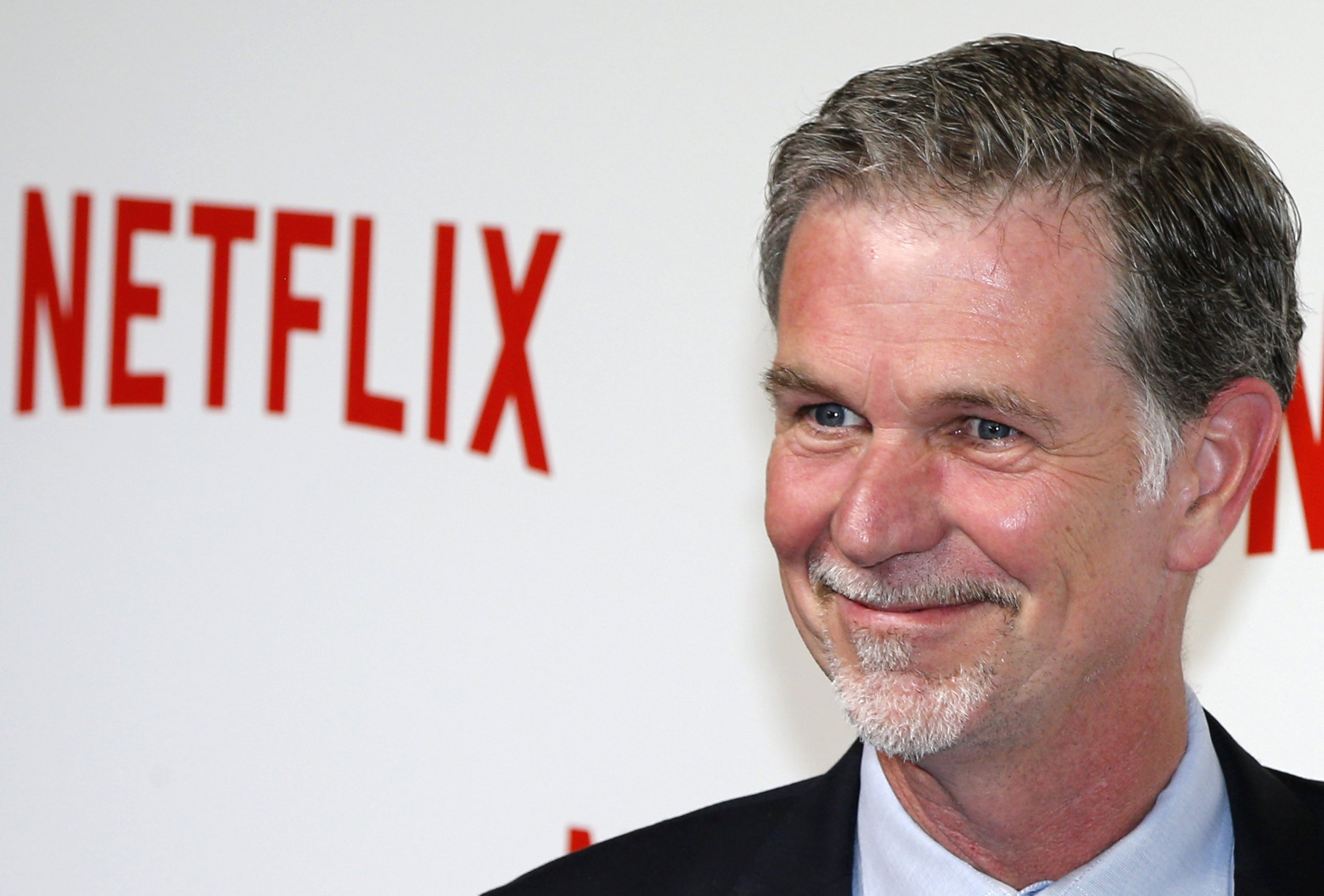
A proposed $55 billion merger between cable companies Charter and Time Warner Cable has a perhaps surprising ally: Netflix.
Netflix was a vocal opponent of last year’s proposed merger between Time Warner Cable and Comcast. But the streaming movie company on Wednesday pledged its support for the potential hook-up between Time Warner Cable and Charter through an FCC filing. Netflix’s bonhomie towards the new deal revolves around an issue Netflix has been crowing about for months: Interconnection, or a physical link between a network belonging to a carrier (like Charter or TWC) and that of a content provider (like Netflix).
Put simply, such interconnection agreements can help ensure bandwidth-intensive services like online video can be smoothly delivered to users’ devices without the horror of buffering. But they’ve become a matter of contention. Last year, Comcast got into a public spat with Netflix after it made the unprecedented demand that Netflix pay up for interconnection. Comcast argued it was only right for Netflix to shell out for the high degree of bandwidth it uses; Netflix countered such an arrangement would violate rules against unequal treatment of Internet traffic and shift more costs to consumers. Netflix eventually capitulated, later agreeing to similar paid interconnection deals with Verizon and TWC.
As part of its campaign to get its merger with TWC approved, Charter has agreed to make interconnection agreements with companies like Netflix for free — at least until the end of 2018. The collapse of the Comcast-TWC deal, which was not expected to pass muster with the FCC, likely got Charter to offer Netflix these generous terms in hopes of getting its deal approved.
In its quarterly letter to shareholders, Netflix praised Charter’s decision to not charge for interconnection. “This move ensures that all online video providers can aggressively compete for consumers’ favor, without selective and increasing fees paid to [Internet Service Providers],” the company wrote. “Charter’s interconnection policy is the right way to scale the Internet. It means consumer will receive the fast connection speeds they expect.”
In a conference call with investors Wednesday, Netflix CEO Reed Hastings said he hoped the government would impose a similar mandate on AT&T and DirecTV to approve their proposed merger. So far, Hastings’ strategy has been effective. “It frees us up from worrying about getting taxed by an ISP,” he said about Charter’s free interconnection. “Instead, we get to worry about how do we make our experience better for consumers.”
More Must-Reads from TIME
- Cybersecurity Experts Are Sounding the Alarm on DOGE
- Meet the 2025 Women of the Year
- The Harsh Truth About Disability Inclusion
- Why Do More Young Adults Have Cancer?
- Colman Domingo Leads With Radical Love
- How to Get Better at Doing Things Alone
- Michelle Zauner Stares Down the Darkness
Contact us at letters@time.com